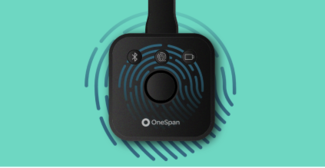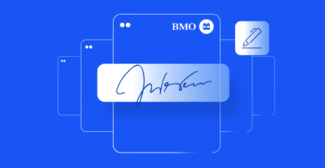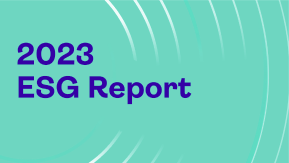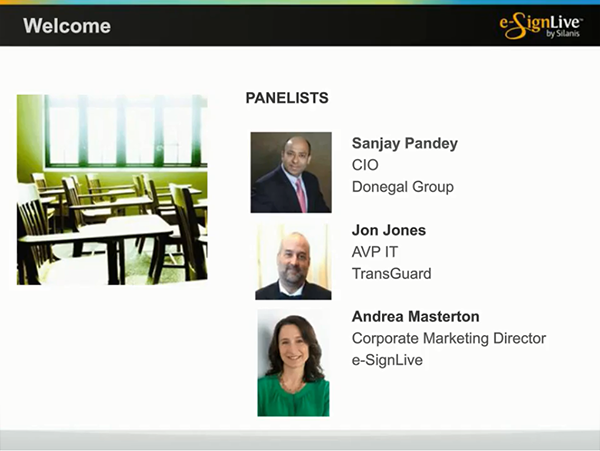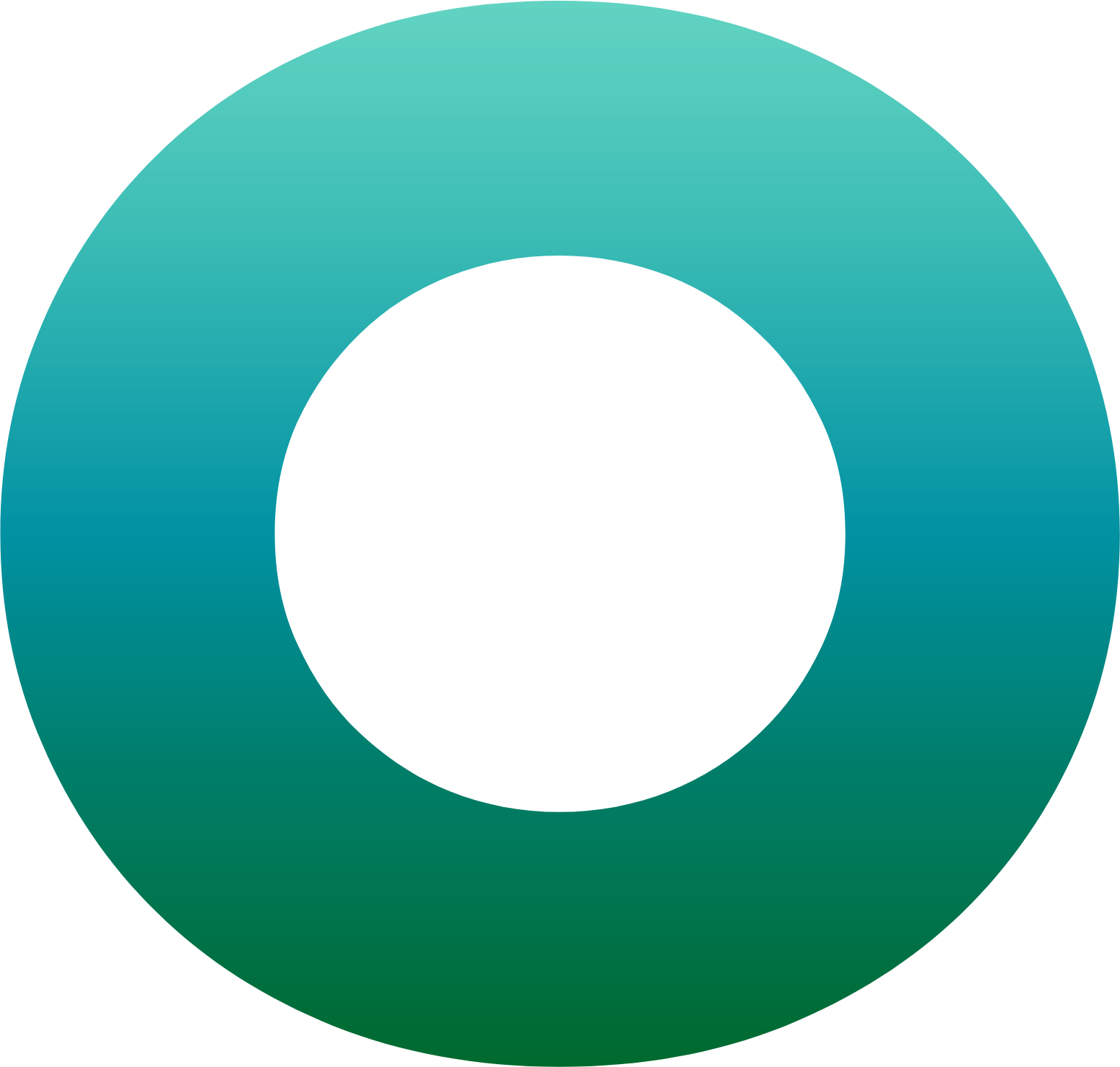Saving Time in Insurance Sales Using an Electronic Signature

For many people, the insurance industry is one that occasionally seems reluctant to adapt to change. Granted, its overall purpose has remained relatively steadfast over the years, especially in terms of providing specific coverage to individuals, but for some insurance companies getting a client to physically sign a form is still the preferred option of incepting a policy.
However, there has been a growing acceptance within the private and commercial sector that electronic signatures are the way forward. Much of this has come down to the fact that insurance sales are increasingly conducted in an online environment, with the nature and limitations of coverage selected by the insured rather than by the insurer. Insurance agencies themselves have become little more than a de facto posting office, with a legal electronic signature often replacing the need for a physical consultation.
In the old days, anyone wishing to purchase insurance would be sent forms and policy documents, all of which required a signature to confirm coverage. In the event of a claim, there would be more forms to fill out and, naturally, another requirement for a physical signature by the claimant, all of which ensured that the process of being reimbursed for a loss - the reason why people take out coverage - would then be sent back to the insurer for consideration.
However, this is no longer the case. While it can never be accused of fully moving with the times, the ability to compare different products and coverage levels online has ensured that the insurance industry has been encouraged to facilitate the process through electronic signatures. In turn, this has meant that insurers are now used to asking for a seemingly bare minimum of information before inviting coverage, with a recent study by PURE Insurance showing that a quote for, say, car insurance could be reduced from 15 minutes to around three.
"The [PURE] membership consists of really successful and unusually busy people," said Mark Galante, CMO of the member-owned U.S. insurance company, according to InsuranceTech.com. "We're committed to doing what we can to help them save time and eliminate hassle whenever possible. That means asking for less information whenever we can, to the extent we don't compromise the underwriting. We also want to allow our agents to spend more time developing a greater understanding of customer needs and provide solutions to help them manage risk, and less time keying information into a system."


